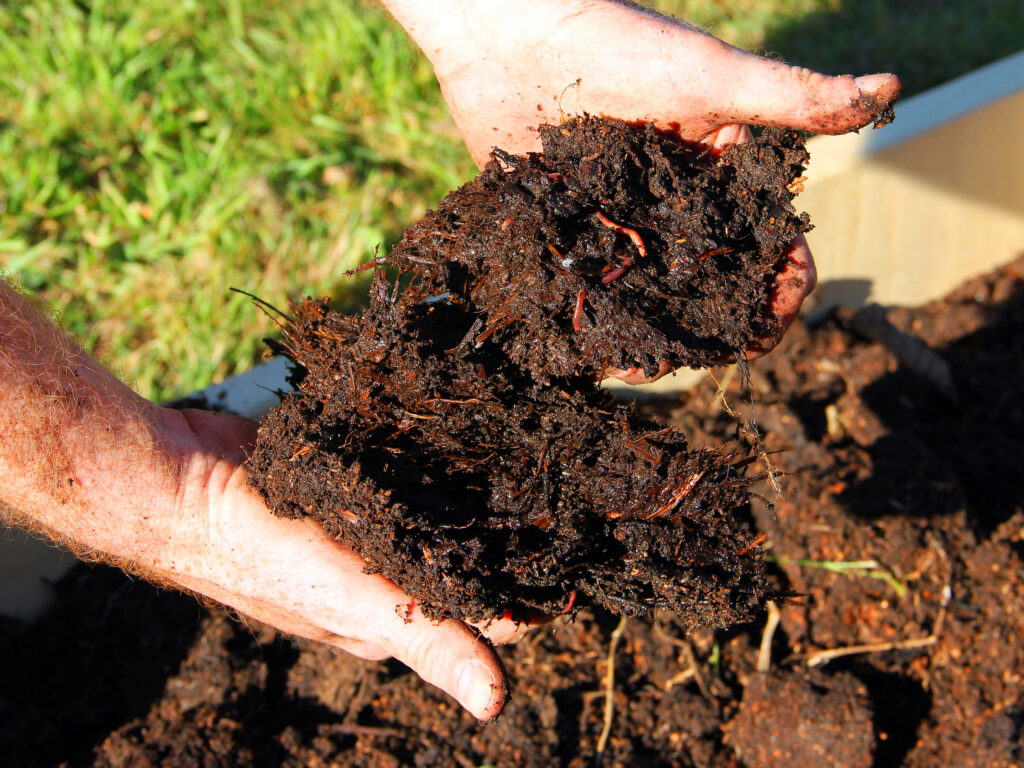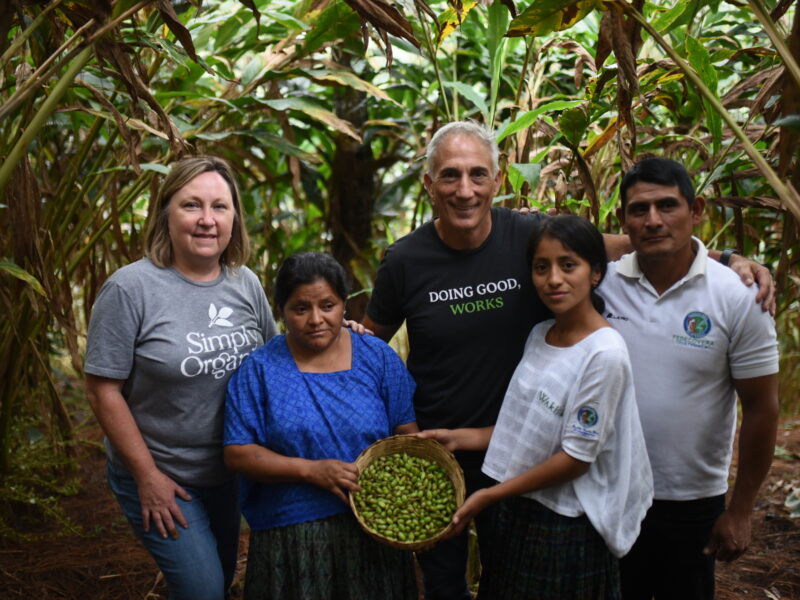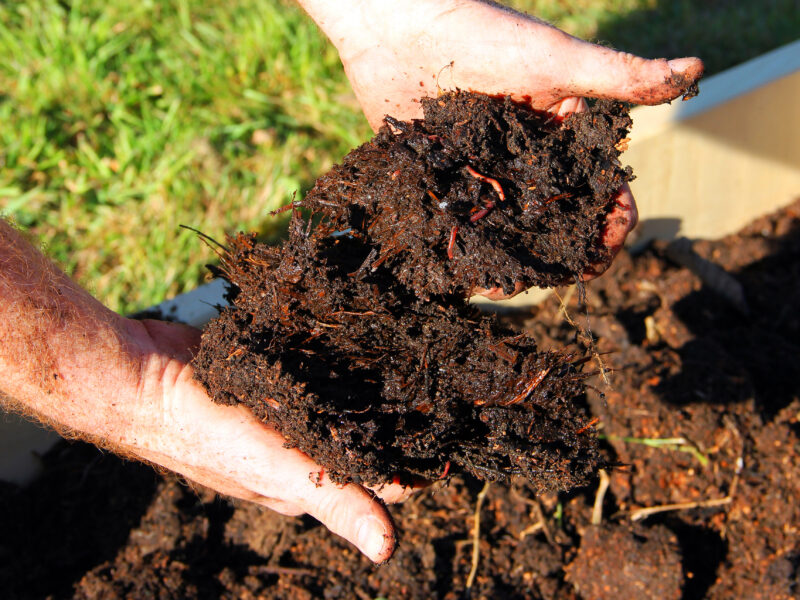Why is it important for your brand to celebrate Earth Month and how are you celebrating throughout the month?
Healthy soils are the foundation of a healthy farm and a healthy planet.
By building healthy soils that retain water and store carbon, organic agriculture builds resilience and stabilizes our food supply in the face of drought and other extreme weather conditions that will occur with increasing frequency in a changing climate.
This month, the Organic Farming Research Foundation is celebrating the critical soil stewardship and planet protection work being done by organic farmers. On our social media channels, we are sharing highlights of some of the many ways that organic farming supports a resilient planet, builds healthy communities, and is trustworthy.
We are also launching our new Organic Research Hub, a go-to centralized source of information for organic farmers and researchers. Organic farmers have long requested an accessible and centralized directory of science-based resources to overcome on-farm challenges. We have answered this call by developing the Organic Research Hub. “The Hub” compiles a curated collection of research-based resources to help organic farmers understand and solve their production challenges.
Additionally, in the last two weeks of April, we will be inviting our community members to join us by becoming “Soilmates,” monthly contributors whose consistent donations to our work allow us to better support organic farmers with ground-breaking research, free and accessible resources, and a strong presence in Washington, D.C., advocating for federal policies that prioritize people and the planet.
What does your brand do to help create a healthier environment and to treat the planet more respectfully every day?
The Organic Farming Research Foundation (OFRF) is committed to fostering the improvement and widespread adoption of organic farming systems. We do this by championing organic research, education, and federal policies that bring more farmers and acreage into organic production.
Why is it important for your brand to be organic?
OFRF’s Top Ten Reasons to Go Organic
There are more than ten reasons, of course, but here are ten that we think are really important.
- Healthy soil & carbon sequestration: Organic systems build soil organic matter (SOM), creating soil health. Organic farms have greater potential for long-term carbon storage.
- Harm reduction: Organic systems rely on natural fertility and ecological pest management, eliminating the need for harmful chemicals.
- Clean waters: Organic practices such as crop rotations and mulching increase the soil’s capacity to absorb and store water.
- Biodiversity: Organic systems create diversified and non-toxic agricultural landscapes. This supports pollinator health and abundance.
- Animal health: Animals raised in organic systems live healthier, longer lives with less stress.
- Farmworker health: Organic systems protect farmworkers from the dangers that toxic pesticides pose to human health.
- Economic health: Counties with high levels of organic agricultural activity and the business activities accompanying organic agriculture create real and long-lasting regional economic opportunities.
- Organic is non-GMO by definition: GMOs are prohibited in organic products. No GMO seeds, feed, or ingredients.
- Healthy food: Several studies clearly show higher concentrations of essential nutrients and phytochemicals in organic foods.
- Integrity: Organic farmers adhere to strict standards and management practices, which are verified annually by the National Organic Standards Board.
What does organic do to make the planet healthier?
Climate change poses critical risks for farmers and ranchers and endangers the soil, water, and other resources on which food production depends. The good news is that organic systems that emphasize soil health help farmers and ranchers increase resilience to the impacts of climate change. There is also extensive research demonstrating the potential of organic systems to reduce agriculture’s contribution to climate change (i.e., mitigate climate change).
Organic farming supports a resilient planet. It is climate-friendly, healthy for soils, protective of biodiversity, and systems-focused.
How can consumers celebrate Earth Month?
Watch this inspiring account of organic farmers managing climate change.
Sign up for OFRF’s monthly organic newsletter to connect
Like and follow OFRF on social media:
Become a Soilmate by pledging a monthly contribution to OFRF: www.OFRF.org/donate









